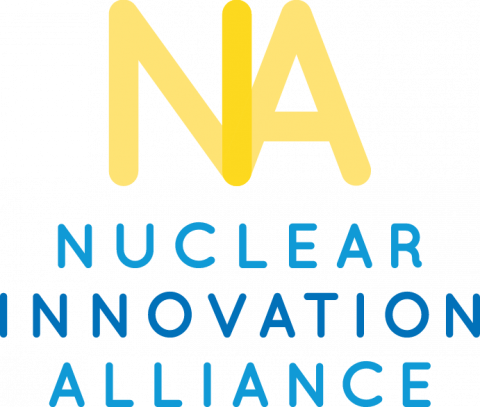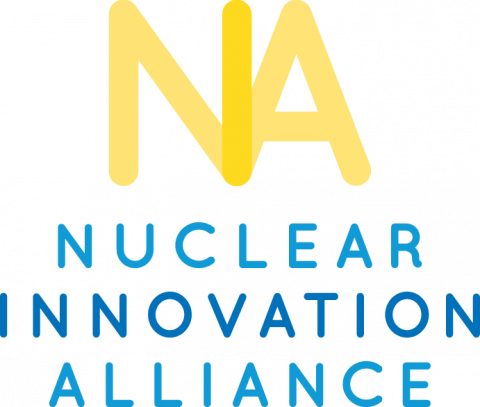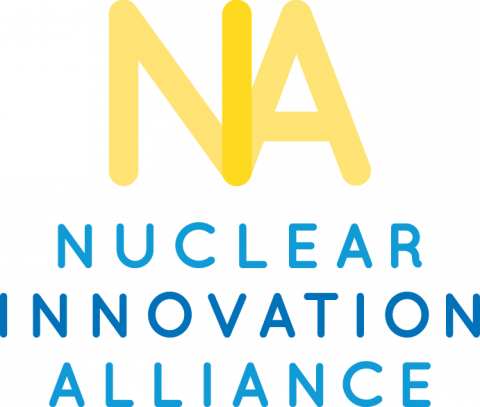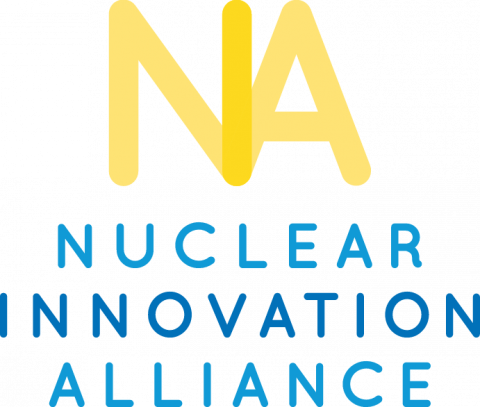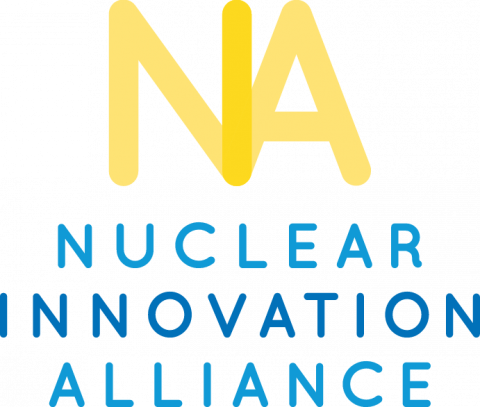We need both nuclear power and renewables to get to 100% clean energy
WASHINGTON, D.C. This op-ed was published on February 3rd on Utility Dive. To read the op-ed on the Utility Dive website, click here: The opportunity cost of not using nuclear energy for climate mitigation
We need both nuclear power and renewables to get to 100% clean energy
Op-ed Published in Colorado Politics featuring NIA Executive Director Judi Greenwald
WASHINGTON, D.C. This op-ed was published in the February 15th edition of Colorado Politics (CoPo). To read the op-ed on the CoPo website, click here: Advanced Nuclear Reactors Can Provide Colorado with Clean, Reliable and Affordable Energy
Advanced Nuclear Reactors Can Provide Colorado with Clean, Reliable and Affordable Energy
Uranium Supply is Not a Significant Constraint to Using Nuclear Energy for Climate Mitigation
WASHINGTON, D.C. Nuclear energy is the largest source of carbon-free power in the United States and second largest source globally. As countries around the world consider nuclear energy for their 21st century decarbonization needs, one important question is whether there is enough uranium fuel for nuclear energy to play a greatly expanded role in global energy supply.
NIA Commits to Gender Champions in Nuclear Policy Program
WASHINGTON, D.C. Today the Nuclear Innovation Alliance (NIA) is announcing our commitment to becoming a Gender Champion in Nuclear Policy. This network of leaders of over 70 organizations is dedicated to enhancing the presence, voice, and impact of women in the nuclear energy community through specific, public pledges and shared experiences. By being part of this initiative, the NIA has promised to implement the following commitments:
NIA Releases New Report “Promoting Efficient NRC Advanced Reactor Licensing Reviews to Enable Rapid Decarbonization”
WASHINGTON (December 15th, 2021) - Today the Nuclear Innovation Alliance (NIA) released a new report, “Promoting Efficient NRC Advanced Reactor Licensing Reviews to Enable Rapid Decarbonization.” In this report, the NIA explores how the Nuclear Regulatory Commission (NRC) and Industry can make advanced reactor licensing both more effective and more efficient. Unnecessarily long licensing reviews raise significant barriers to investment, reduce customer interest in advanced reactors, and threaten successful long-term deployment of advanced nuclear reactors.
